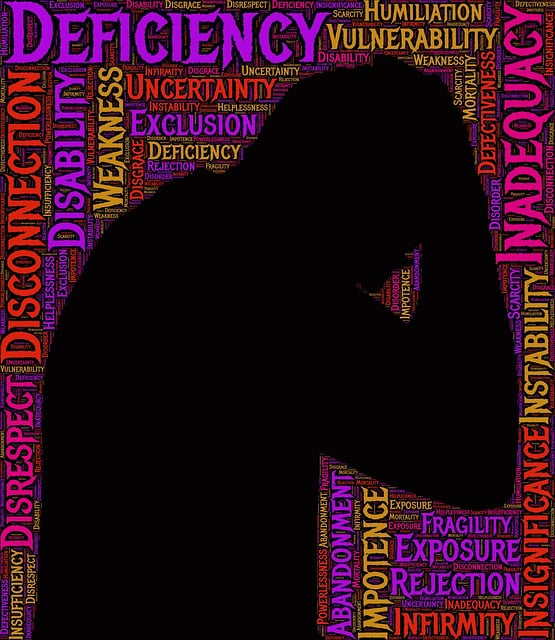"Therapy for Young Adults Trauma offers tailored, evidence-based therapeutic approaches accessible through revolutionary digital apps. These tools include secure video conferencing, guided meditations, journaling prompts and community workshops led by experts. Developed with collaboration between researchers and developers, these apps prioritize UX design, ethical considerations, and resilience-building techniques to cater to the unique needs of young adults dealing with trauma."
Mental wellness apps are gaining prominence as essential tools for managing mental health challenges among young adults. This article delves into the significance of addressing trauma, a prevalent issue affecting this demographic. We explore the key features and functionality of a therapy app designed for trauma recovery, highlighting its potential impact. Additionally, we navigate the development process, user experience design, and ethical considerations, offering insights into creating effective digital solutions for young adults seeking therapy for trauma.
- Understanding Mental Health Challenges Among Young Adults and Trauma
- Key Features and Functionality of a Therapy App for Trauma
- Development Process, User Experience Design, and Ethical Considerations
Understanding Mental Health Challenges Among Young Adults and Trauma

Key Features and Functionality of a Therapy App for Trauma

In the realm of mental wellness app development, creating a therapy app tailored for young adults who have experienced trauma is both crucial and impactful. Key features should include secure video conferencing for private sessions, allowing users to connect with licensed therapists from the comfort of their homes. Integrated self-awareness exercises, such as guided meditation and journaling prompts, empower individuals to process their emotions and gain insights into their experiences.
Functionality also extends to offering stress management workshops led by experts, fostering a sense of community among users. These workshops can be organized around specific topics like trauma bonding, coping mechanisms, and self-esteem improvement. Additionally, the app should facilitate regular check-ins and progress tracking to help users stay on course with their therapy goals. By combining these elements, therapy apps for young adults trauma can revolutionize access to mental health services, ensuring support is available when and where it’s needed most.
Development Process, User Experience Design, and Ethical Considerations

The development process for a mental wellness app begins with understanding the unique needs and challenges faced by young adults dealing with trauma. Researchers and developers must collaborate to design interventions that are both effective and accessible, leveraging evidence-based practices such as therapy for young adults with trauma and techniques like emotional intelligence and burnout prevention. User Experience (UX) Design plays a pivotal role in creating an intuitive, engaging, and safe digital environment where users can build resilience and enhance their social skills through the app.
Ethical considerations are paramount throughout the development lifecycle. Developers must ensure user data privacy and security, obtain informed consent, and adhere to ethical guidelines for mental health interventions. The app should promote inclusivity and accessibility, catering to diverse cultural backgrounds and abilities. By prioritizing these aspects, the resulting app can serve as a reliable tool for social skills training while navigating the complex landscape of young adults’ mental wellness, fostering a supportive digital community that encourages healing and growth.
The development of mental wellness apps, particularly those focusing on therapy for young adults trauma, offers a promising avenue to address growing mental health challenges. By integrating evidence-based practices and user-centric design, these applications can provide accessible and personalized support. Navigating the development process, considering ethical frameworks, and prioritizing user experience are essential steps to create effective tools that empower young adults to manage trauma and enhance their overall well-being. This digital approach has the potential to revolutionize mental healthcare, ensuring better support for this vulnerable population.










